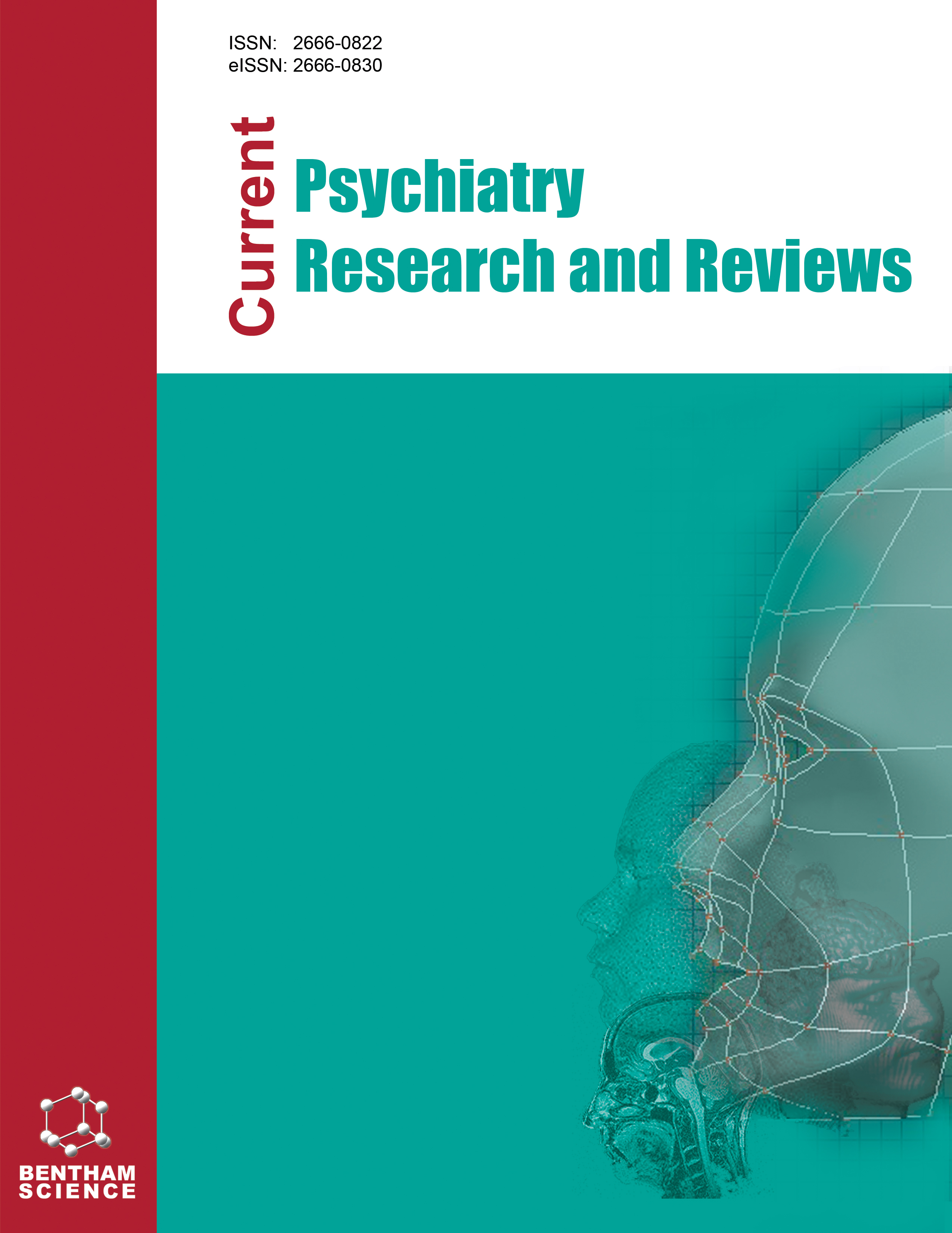
Full text loading...

This study aimed to investigate the effect of positive thinking counseling on the stress of infertile men.
This study is a randomized clinical trial with a pretest-posttest control group design. The research population consisted of 60 infertile men admitted to the Infertility Department of Fatemieh Hospital of Hamadan. At the beginning of the study, Newton's Fertility Problem Inventory was completed through interviews with all the participants who met the inclusion criteria. Next, a size four randomized block design was used to allocate the participants to two intervention and control groups (30 people in each group). The experimental group received eight sessions once a week to lower their stress. Newton's FPI was re-completed for the groups 4 weeks after the end of counseling sessions. Data were analyzed using Stata software, and the significance level was considered less than 0.05.
Findings showed that after controlling the mean scores before the intervention with ANOVA/ANCOVA test, the mean scores of FPI domains, including social concern 22.69±6.95 vs. 42.89 ±6.95, sexual concern 17.46 ±6.44 vs. 33.95±6.44, relationship concern 21.82 ±6.95 vs. 41.45 ±6.95, childless lifestyle 22.11±5.59 vs. 35.26 ±5.59, and need for parenthood 28.75 ±7.32 vs. 43.56±7.32, in the intervention group had decreased with a significant difference (p ˂ 0.001)
Considering that one of the most important factors of male infertility is stress, our study demonstrated that positive thinking counseling and using all positive, exhilarative, and promising mental capacities in life were effective in stress level reduction of infertile men under treatment.
IRCT20120215009014N402, Registration date 2021-08-14.